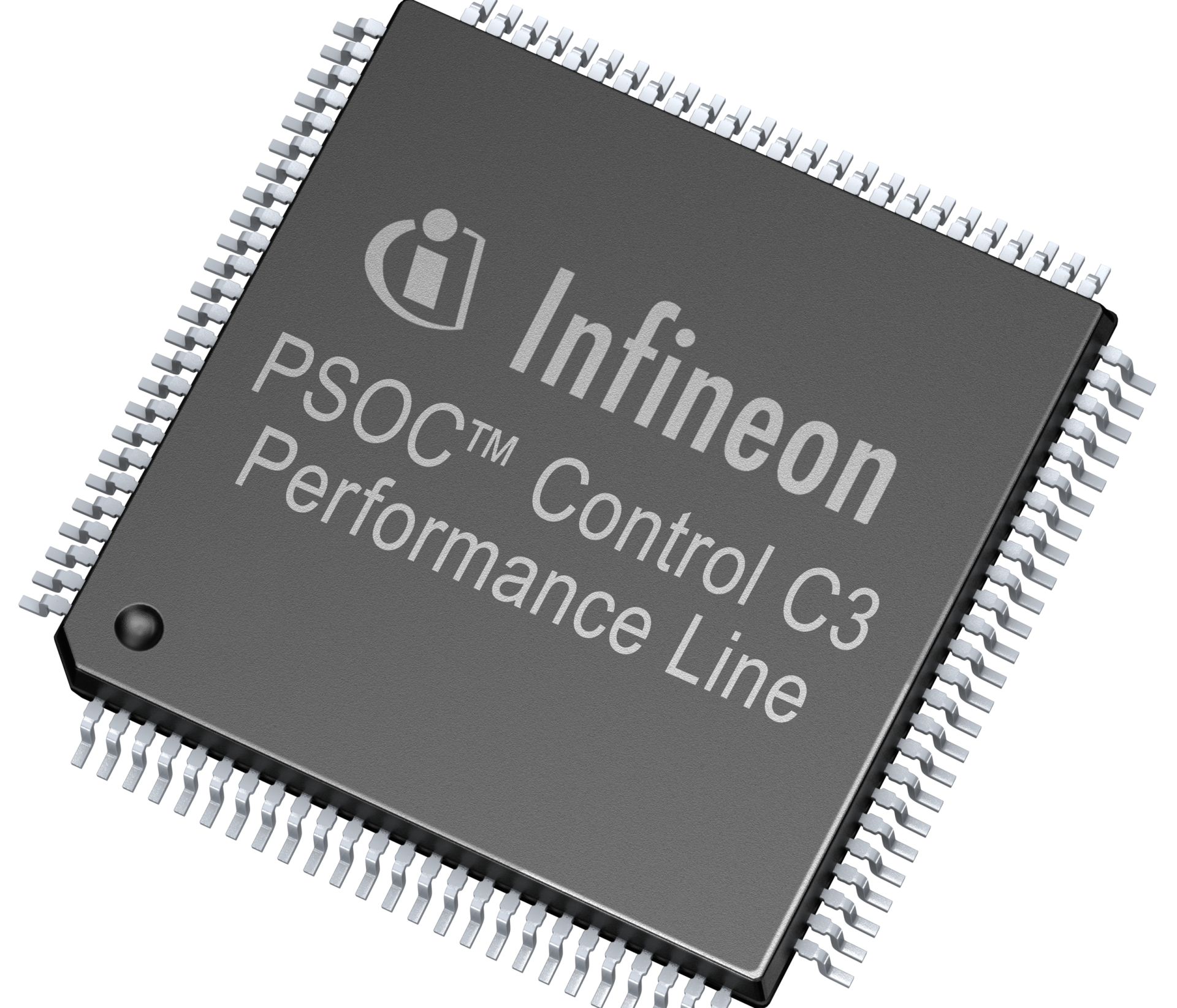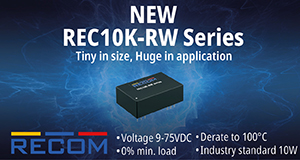Infineon Technologies AG announced that its microcontrollers (MCUs) in the new PSOC Control C3 Performance Line family are compliant with Post-Quantum Cryptography (PQC) requirements for firmware protection outlined in the Commercial National Security Algorithm (CNSA) Suite 2.0. The MCUs also support PSA (Platform Security Architecture) Level 3 compliance. By complying with both standards, Infineon’s PSOC Control C3 Performance Line meets the security needs of a wide range of industrial applications and eases their transition to increased security in the PQC era.
“With the PSOC Control C3 family, we are setting a new standard for security in industrial microcontrollers, building on decades of proven experience in MCUs and secured electronic systems,” said Steve Tateosian, SVP and General Manager, IoT, Consumer and Industrial MCUs, Infineon Technologies. “Infineon is committed to meeting and evolving industry requirements for MCU embedded security that provides stringent protection against quantum-based attacks on critical systems.”
Changes in security architecture for the PQC era include the replacement of Elliptic Curve Cryptography (ECC) based asymmetric cryptography as well as increasing the size of Advanced Encryption Standard (AES) keys and Secure Hash Algorithm (SHA) hash sizes. The algorithms and implementation guidelines provided by CSNA 2.0 help to facilitate a smoother transition to Post-Quantum Cryptography.
About PSOC Control C3 family
The PSOC Control C3 family of MCUs provide real-time control for motor control and power conversion applications. New MCUs of the PSOC Control C3 Performance Line enable system performance at high switching frequencies and increase control loop bandwidth. That is achieved with proprietary autonomous hardware accelerators as well as high resolution and high performing analog peripheral support. The family supports systems designed with wide-bandgap switches while achieving best-in-class control loop frequencies, accuracy and efficiency for applications such as data centers, telecom, solar and electric vehicle (EV) charging systems.
Specific security features include support for Leighton-Micali Hash-Based Signatures (LMS), which is an efficient post-quantum cryptography FW verification algorithm integrated with SHA-2 hardware acceleration for peak performance. To maximize ease of use, Infineon’s Edge Protect Tools and ModusToolbox will support everything a customer needs to provision LMS keys as well as options for hybrid post-quantum cryptography where customers may use both LMS and ECC to sign firmware updates which can be verified by Infineon chips.






